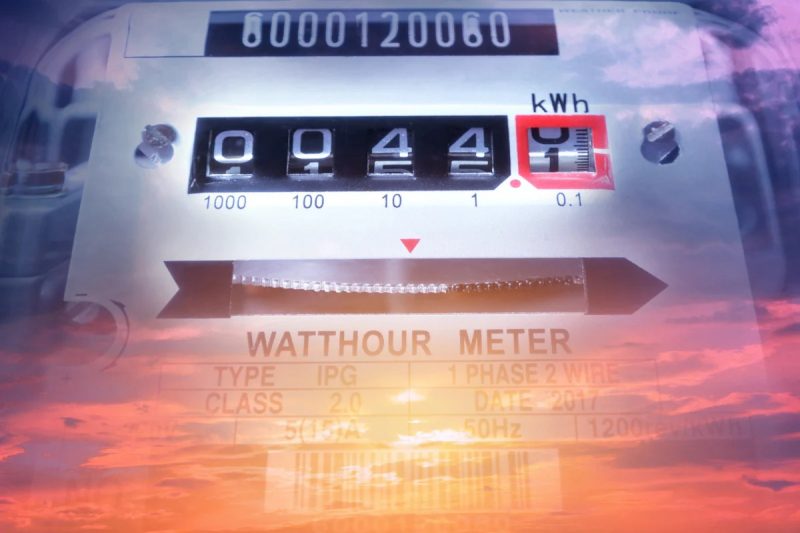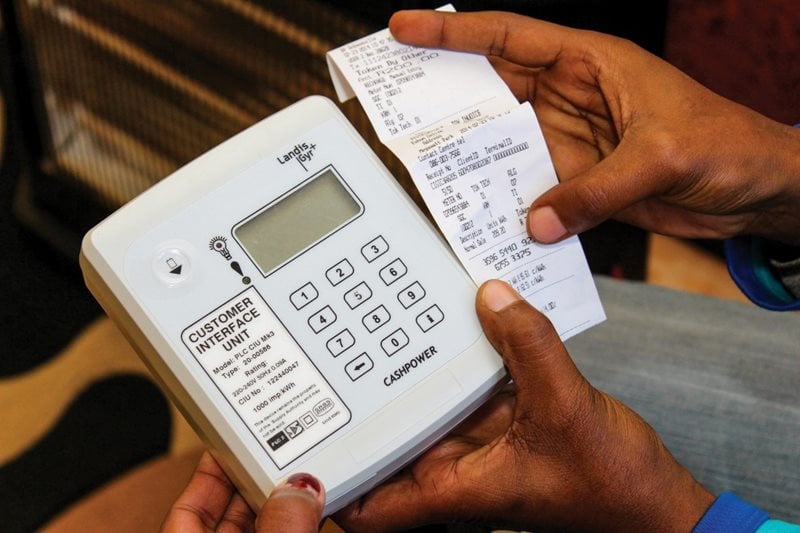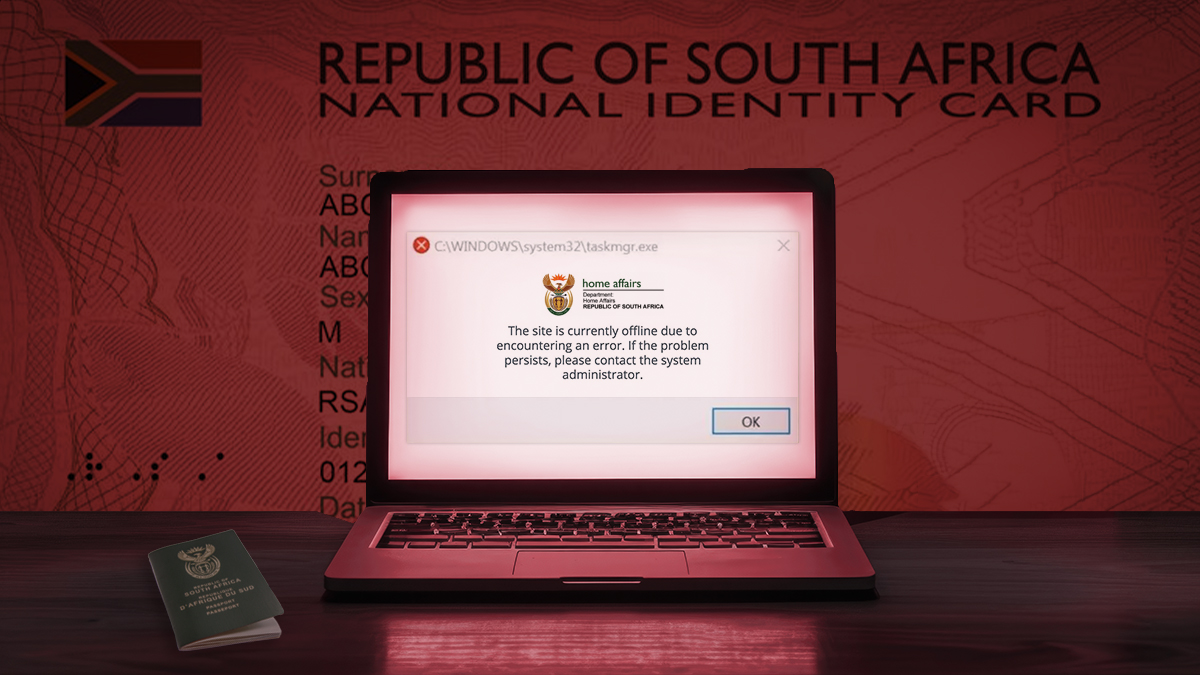Good news for people in Joburg with prepaid meters

Johannesburg Mayor Dada Morero has intervened regarding the municipality’s proposed tariff adjustments for 2025/26, owing his decision to the immense strain households in the metro already face.
He outlined revisions to the proposal in a statement. These include not increasing the availability charge for prepaid and conventional meters.
Morero said the revisions came after his careful consideration, which resulted in the retabling of the reports surrounding the proposals at a council meeting on Thursday, 27 March 2025.
“I have requested the withdrawal of the 2025/26 budget report, the City Power tariff reports, and the Draft Property Rates report from the council agenda,” the mayor said.
“There will be no increases to availability charges for both prepaid and conventional meters.”
He explained that the initial tariff proposals included a 12.51% electricity tariff increase, which the municipality said was in alignment with Eskom’s approved 12.74% tariff hike for municipal customers.
This appears to be an error, as South Africa’s energy regulator approved an 11.32% tariff hike for municipal power utilities. The 12.74% adjustment is the average across Eskom direct customers.
“The prepaid residential availability charge would have increased to nearly R270 before VAT, whilst retaining the conventional residential availability charge at R930,” said Morero.
However, while Morero emphasised not increasing the prepaid fixed charge, he didn’t clarify if he had revised the increase amount initially proposed.
The National Energy Regulator of South Africa (Nersa) approved Eskom’s tariff increase application for municipal power providers in mid-March 2025.
While Eskom had applied for a 43.55% price hike for these customers in 2025/26, Nersa only approved an adjustment of 11.32%.
“The Energy Regulator, at a meeting held on 11 March 2025, considered and approved the Eskom Retail Tariffs and Structural Adjustment (ERTSA) application — an average tariff increase of 12.74% for Eskom direct customers and 11.32% for municipalities,” it said.
“The difference in percentage is brought about by the difference in implementation dates of Eskom direct customers and municipalities buying from Eskom.”
Eskom direct customers are hit with price adjustments on 1 April every year, while municipal electricity tariff adjustments hit on 1 July every year.
It should be noted that the 11.32% price adjustment is on wholesale electricity provided to municipal utilities.
The figure will likely be higher for end-users as municipalities like the City of Joburg must still submit their applications, including individual cost of supply studies.
Outrage over R200 fixed prepaid electricity charge

The City of Johannesburg’s municipal power utility, City Power, implemented a R200 fixed charge for prepaid customers for the first time on 1 July 2024, sparking outrage among its customers and civil action groups.
It should be noted that the R200 amount excludes VAT, and the actual amount charged was closer to R230.
Julius Kleynhans, executive manager for local government at the Organisation Undoing Tax Abuse (Outa), called for the charge to be scrapped, saying it would put severe financial strain on Joburg’s communities.
“For many residents, particularly low-income families who rely on prepaid meters to manage their electricity usage, this extra R230 a month is an insurmountable expense,” he said.
Kleynhans argued that the fee effectively penalises households for trying to control and reduce their electricity consumption.
He added that it essentially penalises households for their efforts to control and reduce their electricity consumption.
Julia Fish, manager of Outa’s JoburgCAN initiative, said the charge was poorly publicised and implemented with little consideration of the consequences.
“Despite multiple requests for information on the number of households on the City’s indigent register who are exempt from the fee, the City has not responded,” said Fish.
She added that the charge effectively increases the cost of electricity for low-consumption homes by over 100%.
She also argued that prepaid tokens exclude vital information like how much money was allocated to the charge, to VAT, and to actual units of electricity.
“The lack of transparency does not meet mandatory regulation compliance,” said Fish.
However, the City of Johannesburg said the fee had been proposed several times and scrapped. It said it was forced to implement the fee in 2024 as it formed part of its 2024/25 financial year budget.
































